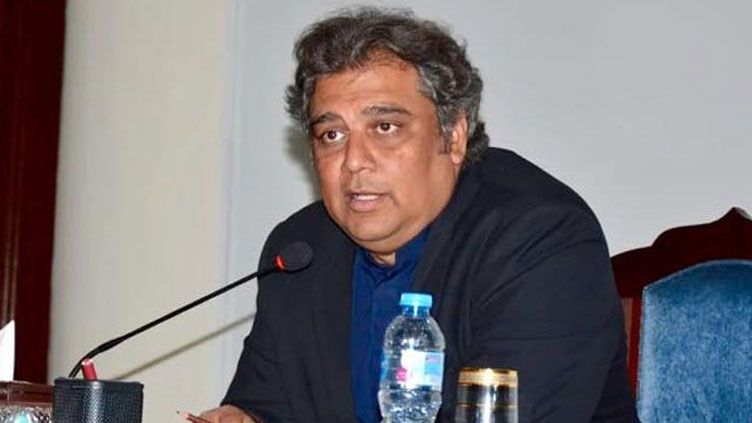In a significant development, Ali Zaidi, the Sindh President of Pakistan Tehreek-e-Insaf (PTI), has announced his resignation from the party and his departure from politics. Expressing his regret over the violent events that unfolded on May 9, Zaidi condemned the mayhem and declared his immediate resignation from his party positions.
In a video message, Zaidi expressed his disapproval of the violence that took place on May 9 and called for those responsible to be held accountable. He emphasized the need for justice and stated that he would no longer be associated with the PTI. However, he affirmed his commitment to continue working for the betterment of Pakistan and attracting foreign investments.
Ending his message on a patriotic note, Zaidi declared, “Pakistan Army Zindabad, Pakistan Zindabad” (Long Live Pakistan Army, Long Live Pakistan).
This announcement comes after Ali Zaidi’s arrest on May 9 by law enforcement agencies during a protest in the Baloch Colony area following the arrest of PTI leader Imran Khan. Zaidi was charged under Section 4 of the Maintenance of Public Order and subsequently put under house arrest. His residence in Karachi was declared a sub-jail.
It is worth noting that on May 17, Zaidi held a press conference where he categorically stated that he would not leave the PTI under any circumstances. Responding to a question about leaving the party, similar to two other PTI leaders, Mahmood Moulvi and Amir Kayani, Zaidi asserted that he would only leave the PTI when Imran Khan himself decides to do so, going so far as to say that someone would have to shoot him in the head for him to leave the party.
However, shortly after Zaidi’s statement, the Sindh home ministry issued an order to transfer him to Jacobabad Jail, a move that further heightened speculation about his political future.
Ali Zaidi’s resignation from the PTI and departure from politics add to the ongoing turbulence within the party. It raises questions about the internal dynamics and challenges that the PTI is currently facing, particularly in Sindh.
As this development unfolds, political observers eagerly await further clarification from Ali Zaidi regarding his future plans and potential impact on the political landscape in Sindh.


